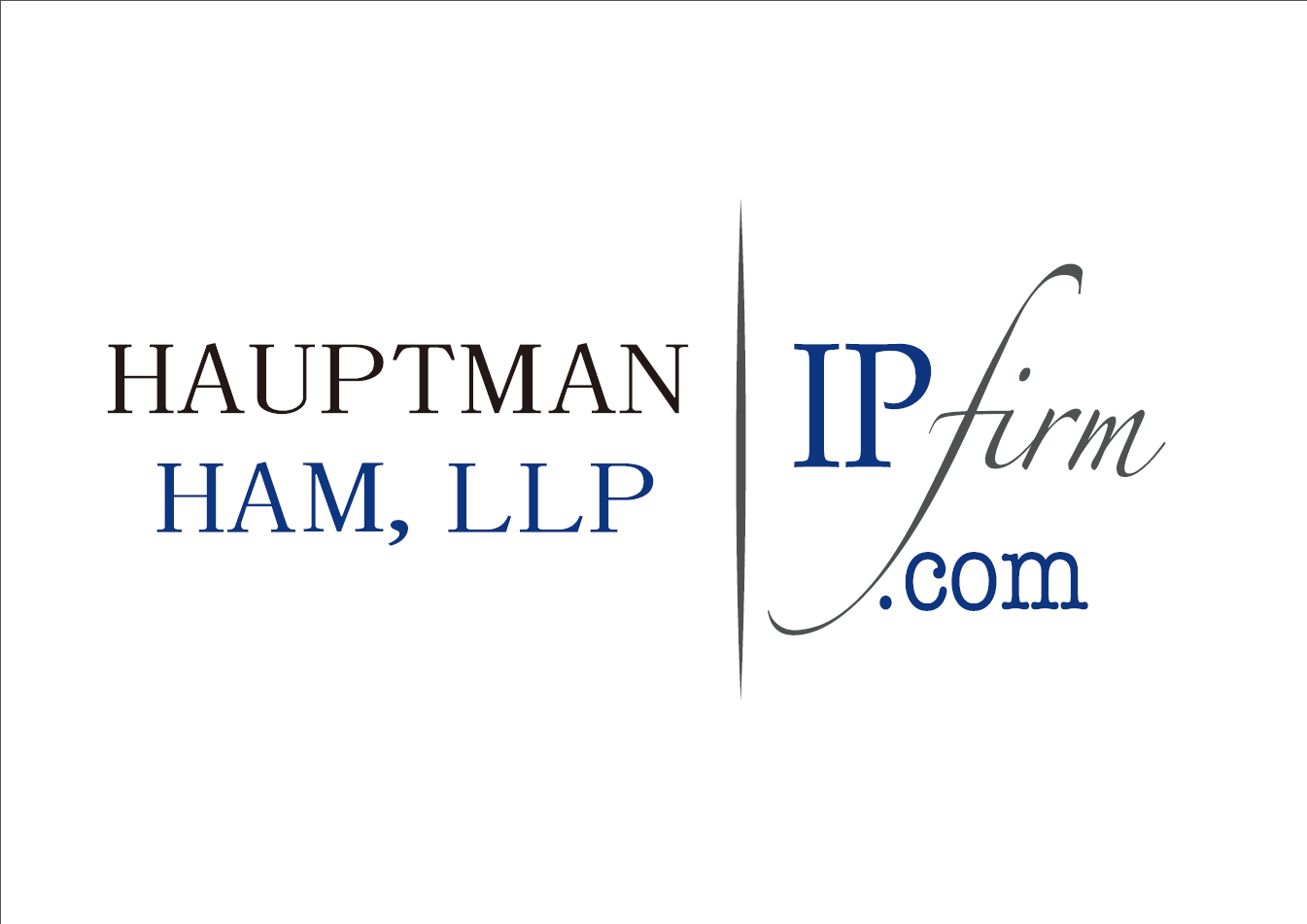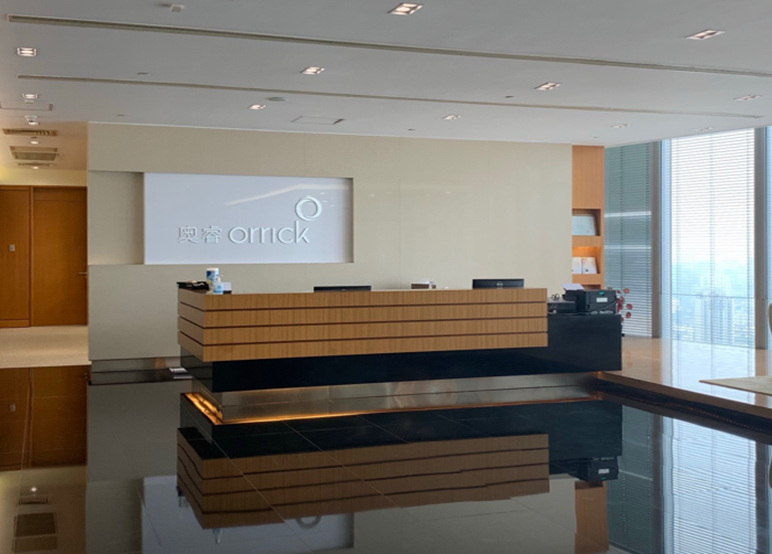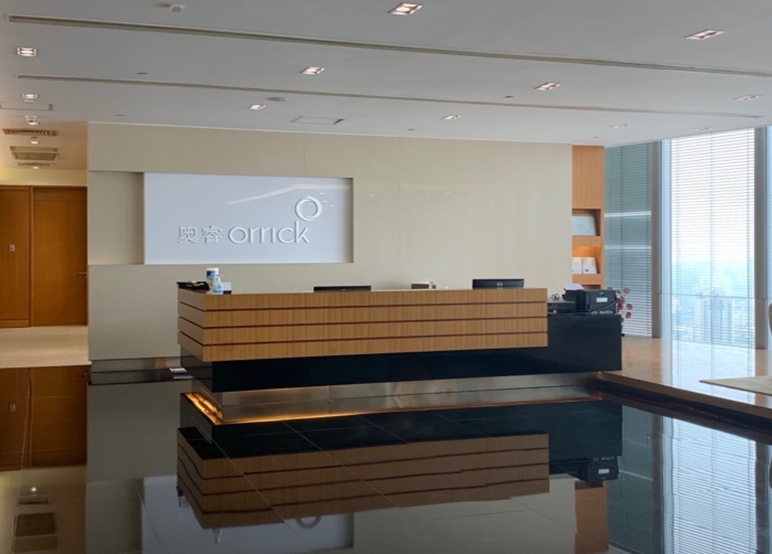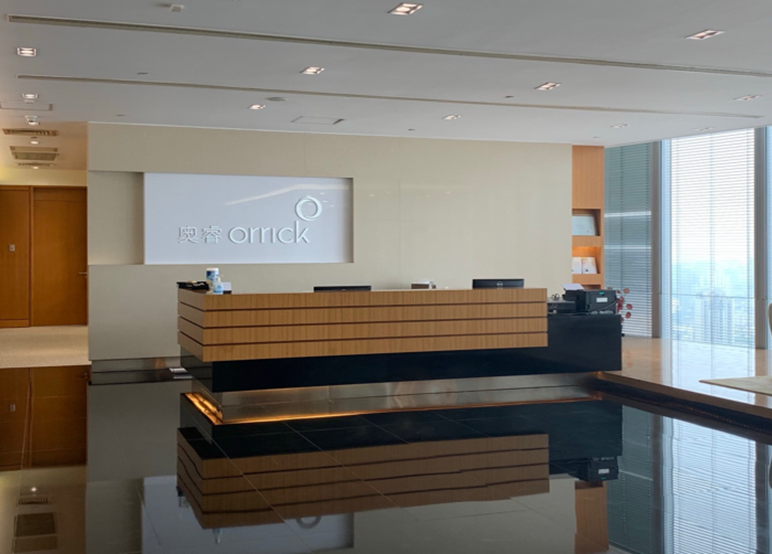Standard essential patent (SEP) The implementer is in contact withSEPOwners of patent licensing disputes often take actions including seeking an injunction (ASI) Scheduling strategy. This strategy has come into focus again recently, Because of the U. S. District Court for the Eastern District of North Carolina (EDNC) Of Judge Terence.Boyle (Terrance Boyle) Rejected this timeASIrequest. In Ericsson v. Lenovo, He dismissed Lenovo's proposalASIrequest, That is, to block the execution of the foreign lawsuits obtained by EricssonSEPprohibition. Boyle not only emphasizedASIAnd the multiple investigations that the court must complete before making a ruling, Also arguedSEPThe implementer obtainsASISlim chance.
Background introduction
About the dispute between Ericsson and Lenovo, Some background information is essential. Ericsson and Lenovo both have inclusion5GCellular standardSEP. Ericsson and Lenovo must comply with the European Telecommunications Standards Institute (ETSI) Membership requirements, equitably, Reasonable and non-discriminatory (FRAND) The terms are respectiveSEPGrant permission, ETSIBe responsible for supervision5GDevelopment and standards drafting. however, After years of negotiations, Ericsson and Lenovo were unable to agree on licensing terms. 2023End of the year, Ericsson in the US, Britain, Patent infringement lawsuits have been filed against Lenovo in countries around the world, including Brazil and Colombia. At the location of Lenovo's US subsidiaryEDNCIn a lawsuit filed, Ericsson asked the court to declare each of Ericsson's latest proposals1%The royalty and4The dollar ceiling meetsFRANDprinciple. If the court finds that Ericsson's offer is incompatibleFRANDprinciple, Then Ericsson also asked the court to determine a globalFRANDrate.
Shortly after Ericsson filed lawsuits in multiple jurisdictions, Courts in Colombia and Brazil have both banned Lenovo from selling Ericsson in those countriesSEPthe5Gproduct. Lenovo believes the South American ban is violatedETSItheFRANDobligation, Seek it in American courtsASI, Trying to prevent Ericsson from enforcing the foreign ban. The basis for Lenovo's request is, The outcome of the case in the United States will be decisive in the proceedings in Colombia and Brazil, Because the outcome of the U. S. lawsuit will trigger a global license.
ASIOrder of dismissal
As a bedding, Boyle asked to be inSEP/FRANDAnd getASIProvides useful background evidence on the testing aspect. Boyle stressed, Among other requirements, Apply forASIOne of the parties must prove, The outcome of the court case will be decisive for the foreign litigation ban. Only if this is true, The court will evaluate it on the meritsASIWhether it is suitable or not.
Boyle stops hereASIThe first step of analysis. He dismissed Lenovo's argument, Consider certainFRANDThe rate ruling will not have a decisive impact on the cases in Brazil and Colombia. He also thinks, Lenovo said it would accept the court's decisionFRANDrate, But if the court finds that Ericsson's original offer meetsFRANDrate, Then Lenovo may not accept. In other words, Lenovo agreed to accept the independent rate determined by the court, Rather than accept the outcome of the court's adoption of Ericsson's established offer rate. You can read between the lines, Lenovo was more willing to accept less than Ericsson had already offeredFRANDrate.
The court interpreted that, If the court agrees that Ericsson's offer meetsFRANDprinciple, Lenovo has a choice of three: (1) Acceptance of offer; (2) Rejection of offer, nonperformanceSEP; or (3) Rejection of offer, But continue to implementSEP. Of course, There is a fourth option that the court did not enumerate: If Lenovo is not satisfied with Ericsson's rates (Or a different rate set by the court) , Then Lenovo can give up on America5Gmarketplace. finally, As Lenovo tries to explore more possibilities by opening the door, To maximize their optionality, Boyle concludes: "The court does not consider, Resolving underlying contract issues would force Lenovo or Ericsson to reach a global licensing agreement, This is the key to resolving the patent infringement claims filed by Brazil and Colombia" .
enlightenment
Association is justETSI SEPImplementers continue to seek cooperation in the field of telecommunicationsSEPAn example of an owner determining a reasonable fee to pay. stateside, The enforcer has repeatedly tried to obtain a restraining order, Both were rejected by the courts. Boyle's ruling in this case is instructive, Because it proves once again that the implementor usesASIStrategies do not succeed.
Boyle's argument in this case shows that, American courts will see the intransigence of perpetrators trying to keep the door open to continue the fight. In order to get involved "FRAND" Patent claims obtained in disputeASI, The infringer would most likely have to be "FRAND" A binding agreement to accept such terms is signed before the terms are set. Even if the implementers take this remarkable step, Still unclearASIWhether it is feasible. No matter what, Consider that it is highly unlikely that implementers will actually enter into such agreements, And that may require giving up the huge US market, So for the implementer, ASIStill is its solutionSEPA tactic of dispute. (Be compiled fromwww. mondaq. com)
TRANSLATORS: Wu Xian proofread: Wang Dan
disclaimer: This network reprint or compile the original articles are from the network, Does not represent the views of this website or confirm the authenticity of its content. If the source is mislabeled or the copyright of the article is involved, Please contact us, This website will be corrected in due course, delete, thank you.
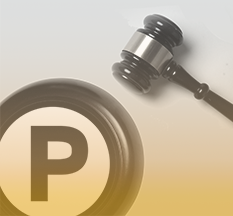
Patent infringement rights protection


